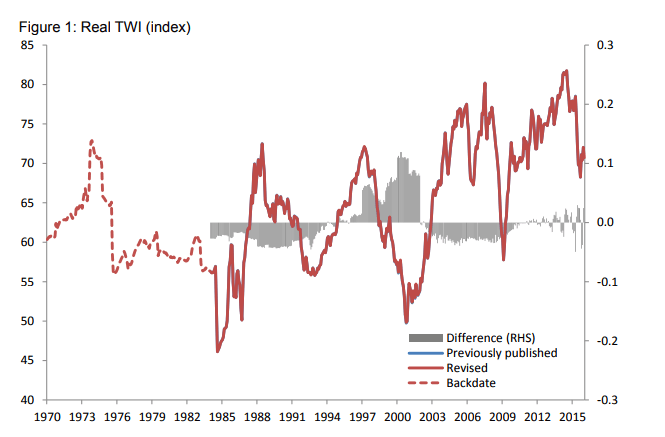
Pace your career by decade, not accomplishment.JONATHANBORBA/UNSPLASH
When it comes to managing our careers, we tend to think of our five year plans more than our long-term legacy, and that can ultimately hold us back in ways we don’t initially realize.
Though there’s certainly no one set of prescriptive advice that can apply to every career, ever, it’s true that we can break down the way we think of our work into decades, focusing intently on what we want to accomplish in each to set ourselves up for the future. Natalia Peart, a staff psychologist at Johns Hopkins, and the author of “Future Proofed: How To Navigate Disruptive Change, Find Calm in Chaos, and Success in Work & Life,” says we need to stop being passive about career progression.
“There is no more waiting for someone else to decide how your career progresses, or waiting to be in the job market only when you are unhappy or when you are forced to job search,” she tells me. “You should always consider yourself in the job market and open to potential new opportunities.”
This is what Natalia says you should be doing in each decade:
In your 20s
- Become a freelancer, given that the freelance and gig economy is only going to continue to grow.
- Even if you stick with a full-time job, at least have one side-gig.
- Buy your website, and secure a domain with your name in it.
- Regardless of your college major, work on your elastic skills like adaptability, communication, team work, resilience, and critical thinking skills.
- Focus on building networks and finding mentors. This will become your career ladder over the years.
- Meet new people, expose yourself to different ideas and methodologies. Do not insulate your worldview.
- Don’t worry if you aren’t positive about your career trajectory immediately. You don’t have to know every step right now.
In your 30s
- Get clear on a bigger vision for your life. This will become your “career playbook,” and will help you do everything from recover from a setback to move to a better opportunity if it comes along.
- Stop seeing yourself as just a job title. That is not the defining emblem of your career.
- Take networking farther than you did in your 20s. Join associations, groups and professional seminars.
- Volunteer for leadership positions, or present at events. Build your brand with presence.
- Even if you do take a break from your career to start a family, stay connected to your network. This will help you with reentry.
In your 40s
- Reassess how you view yourself, it might be time for a personal or career reinvention.
- Consider new opportunities, perhaps for financial incentives, or greater career fulfillment.
- Look at the work experiences you’ve had, and piece your story together. This builds on seeing yourself beyond one job title.
- Connect the dots between where you’ve been and where you want to be.
- Identify prime areas for growth.
- Determine what value you want to provide for others, and start examining what you want your legacy to be.
- Negotiate your salary, or keep your eye out for new opportunities, do not rely on formal reviews.
- Keep a portfolio of your experiences organized, as it will grow with the years.
- Stay on top of trends and changes in your industry, don’t become outdated.
- Ensure digital literacy, which is mandatory at any age.
In your 50’s
- Try two-way mentoring, where you can bridge generational gaps by sharing information.
- Increase visibility by serving as a mentor or director — use your experience to your advantage.
- Determine the value of your employer, not just the longevity of your career.
- Ensure that you are able to tell a compelling story of how your experiences make you invaluable to your employer.
- Stay focused on your company’s bottom line, so your value is quantifiable.
- Focus on your legacy work, the bigger projects you want to be remembered for in retirement and after.
- Start thinking about retirement, and whether you want to keep working in some capacity.
Remember that though your career is unique to you, the milestones and pacing that affect us all are pretty universal. What’s most consistent is the fact that we should always be learning, growing our communities and networks, staying focused on the long-term picture while building our sense of value and importance to any company or organization.
[“source=forbes”]





















































